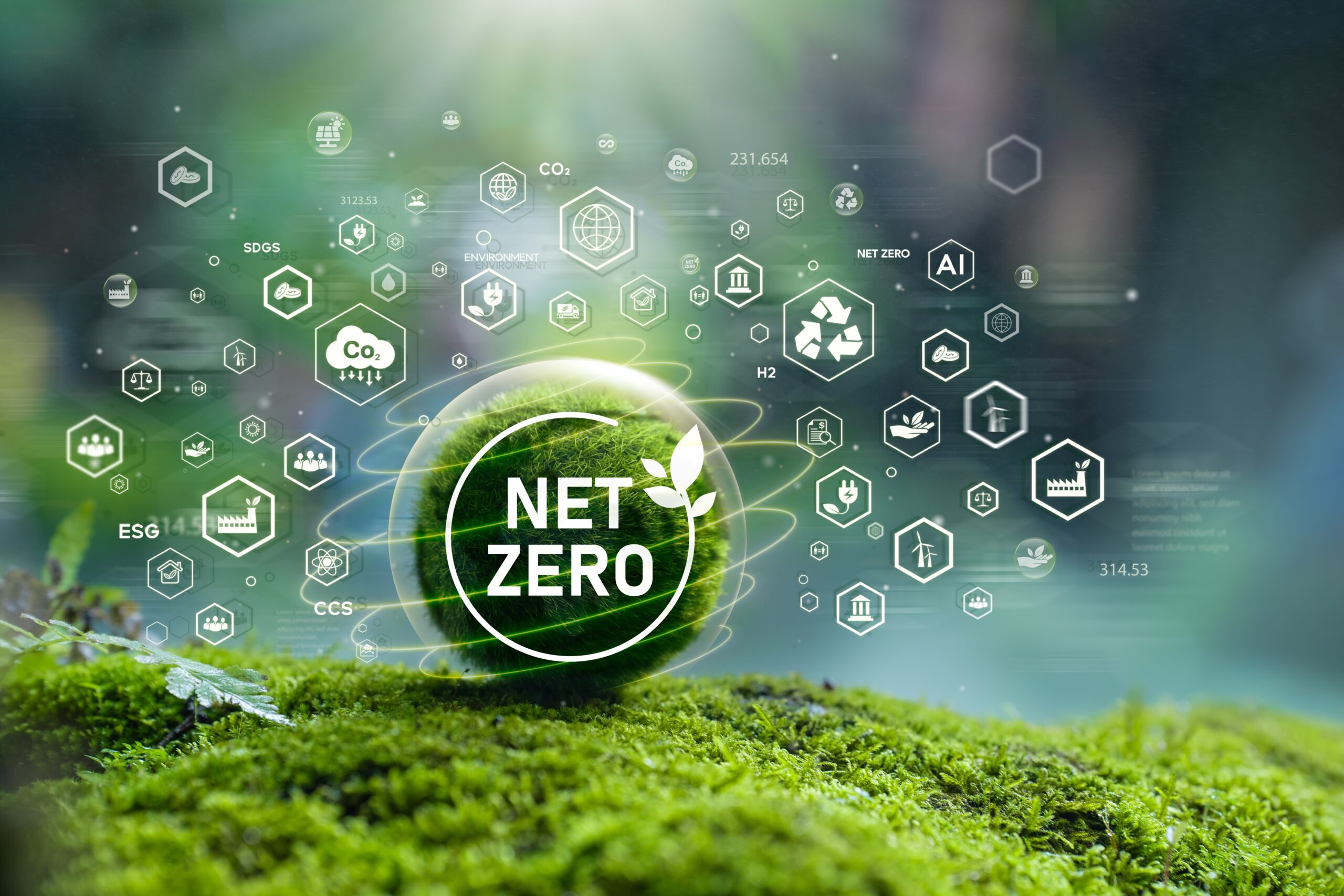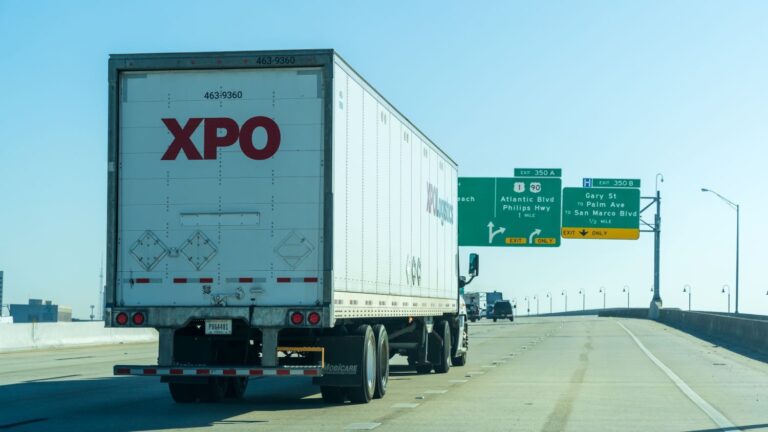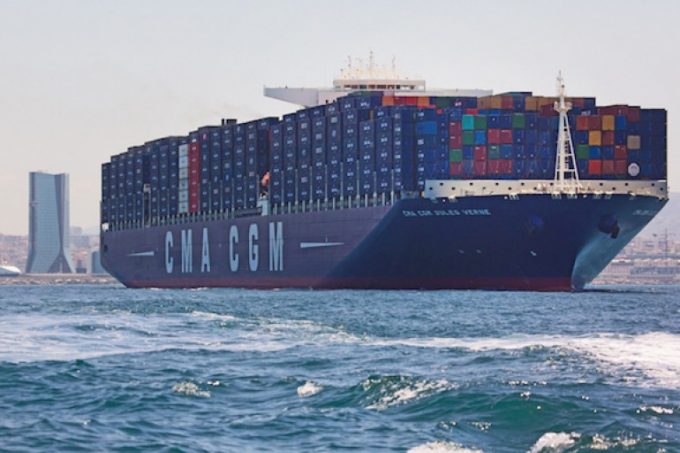
Shipbuilders, shipowners and the world’s leading classification societies have reaffirmed their commitment to the International Maritime Organization (IMO) as the sole global shipping regulator, following a recent decision to delay the adoption of a carbon pricing system for the sector.
Also read: Shipping giants warn IMO net zero plan could cost industry $300 billion by 2035
The statement was made at the tripartite forum held in Busan, South Korea, where more than 70 delegates from 13 countries gathered to discuss the future of sustainable shipbuilding and maritime regulation. The gathering came just days after the IMO’s Marine Environment Protection Committee (MEPC) voted to delay for a year the adoption of draft amendments to MARPOL Annex VI, which would have introduced the first global carbon pricing framework for international shipping.
Political friction stalls climate progress
The delay followed a contentious dispute that saw the United States, Saudi Arabia, Russia and other oil-producing countries push for a procedural delay. The delay proposal was formally proposed by Singapore and voted by Saudi Arabia. Industry observers say the move reflects deep geopolitical differences over the pace and structure of decarbonization in shipping.
The draft Net-Zero framework, initially agreed in principle in April, had broad support from 63 countries – including the European Union, China, Brazil, India, Japan, Britain and Korea – against opposition from 16 oil-dependent countries. The framework aims to generate $15 billion annually by 2030 through compliance fees on ships that exceed carbon intensity thresholds. With the delay, the next ratification vote won’t take place until October 2026, potentially pushing implementation into 2030.
The industry wants regulatory transparency
In the Busan Assembly, Thomas A. Kazakos, Secretary General of the International Chamber of Shipping (ICS), emphasized the importance of industry unity amid policy uncertainty.
“Tomorrow’s shipyards will not only build ships, they will rely on the industry’s ability to meet its sustainability goals,” Kazakos said. “Collaboration, foresight and a continued focus on safety will be the foundation of the next generation of shipbuilding excellence.”
Kazakos added that while the IMO’s delay is disappointing, it should not prevent the industry from moving forward.
“We need clarity on long-term investment in decarbonisation,” he said. The IMO is the only organization capable of providing global rules for global industry.
Technical challenges and innovation
Now in its third decade, the Tripartite Forum continues to serve as a central platform to address technical and regulatory challenges in ship design and operation. This year’s discussions cover a wide range of topics – from onboard decarbonisation and carbon sequestration to autonomous ships, biofouling, underwater noise, and greywater management.
The association’s history of practical engineering cooperation includes the development of common structural codes for bulk carriers and tankers – a benchmark example of global maritime cooperation.
The decarbonization movement continues
Despite the setback, industry experts believe the transition to low- and zero-emission transportation is irreversible. Jesse Fahnsack, director of decarbonisation at the World Maritime Forum, described the delay as “a disappointing setback, but not the end of the journey”.
Meanwhile, regional measures such as the EU Emissions Trading System, FuelEU Maritime, and national initiatives in the UK, Singapore and California continue to progress independently of the IMO process.
A unified voice for global regulation
Busan Association in partnership with leading international maritime organizations, including:
- ASEF (Active Federation of Shipbuilding Experts)
- BIMCO represents 64% of global tonnage in 120 countries
- CESA and SEA Europe, representing shipyards and equipment providers in 17 European countries
- IACS, which covers more than 90% of global cargo capacity
- INTERCARGO and INTERTANKO represent dry bulk owners and tankers respectively
- ICS, which accounts for more than 80% of the world’s commercial fleet
The next tripartite forum will be held in Japan in the fourth quarter of 2026, by which time the IMO’s carbon pricing framework will once again be discussed – a moment that could set the decarbonisation path of global shipping for the next decade.



